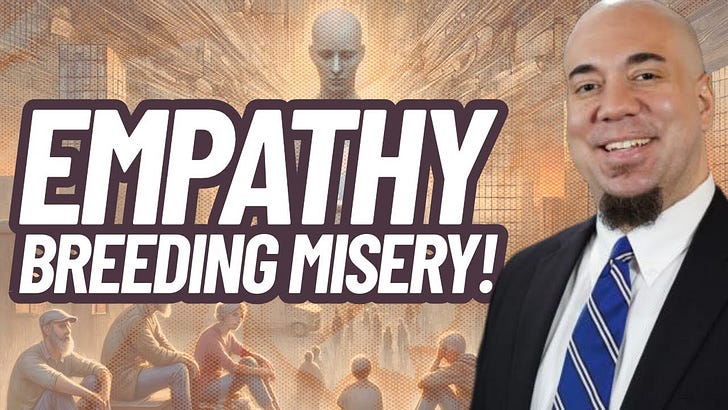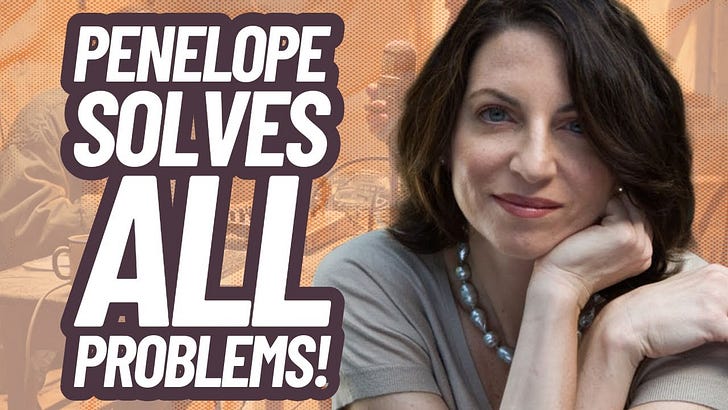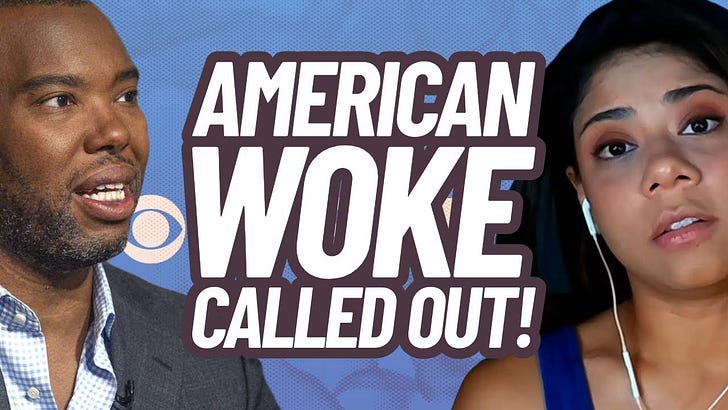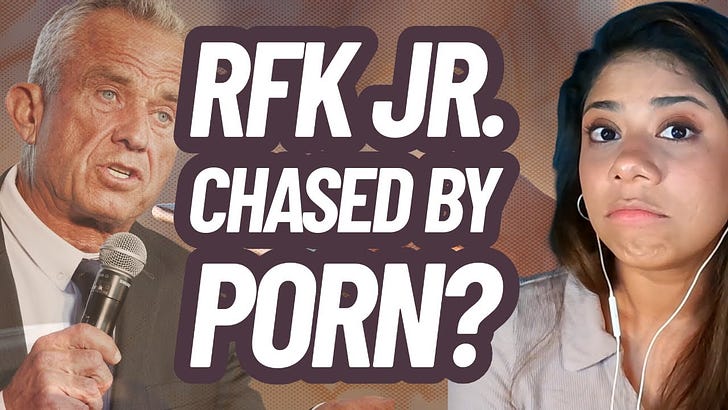In this episode of A Special Place In Hell, Sarah and Meghan discuss the recent meme craze spawned by a comic about eating peaches. Since the comic had to do with motherhood, a subject Meghan knows nothing about, Sarah took the lead and explained why mothers sometimes make more work for themselves than is strictly (or remotely) necessary. They then spend some time contemplating hookup culture and “sex positivity,” which Sarah thinks is anti-woman and Meghan suspects (posits? hypothesizes?) is for ugly chicks. #JustAskingQuestions
The women/girls then move on to their main topic, a recent Honestly podcast conversation between Bari Weiss and authors Louise Perry and Jill Filipovich about Perry’s forthcoming book The Case Against The Sexual Revolution. They gush over the book even though they haven’t yet read it and declare Perry to be an important and refreshing new voice (that may be able to get away with saying certain things because that voice is British). They are particularly interested in Perry’s thoughts about motherhood being incompatible with high achieving professional life and, by extension, individuality itself. Though Meghan has always been a proponent of universal daycare, she wonders if this would be tantamount to dropping your child off at the DMV. She then asks why westerners aren’t more amenable to intergenerational households and Sarah offers an epic lesson as to the pros and cons of living with a bunch of relatives. (Hint: it’s the patriarchy, stupid.) Also, small shouldn’t children drink tea!
In BONUS content only for paid subscribers, the co-hostesses ask if fatherhood is a central identity for men and if men with dangerous ideas censor themselves after starting families. Also: why Sarah’s husband doesn’t read anything she writes or listen to anything she says.
Links:
Honestly Podcast conversation on Bari Weiss’s Common Sense Substack
Daily Mail article about poly family, and the aftermath
Sarah’s Substack newsletter Hold That Thought
Meghan’s forthcoming community for freethinking women, The Unspeakeasy.














Share this post